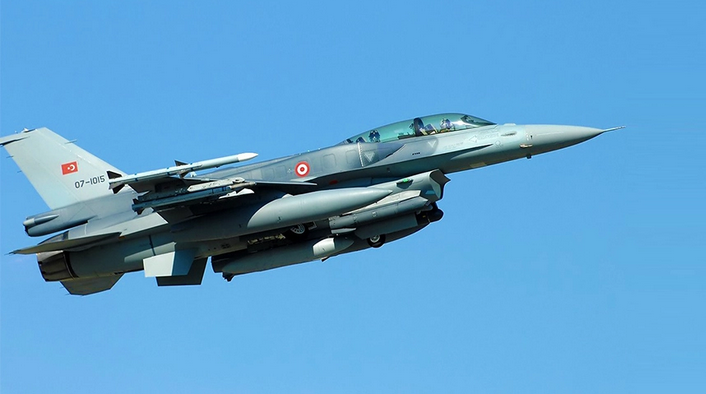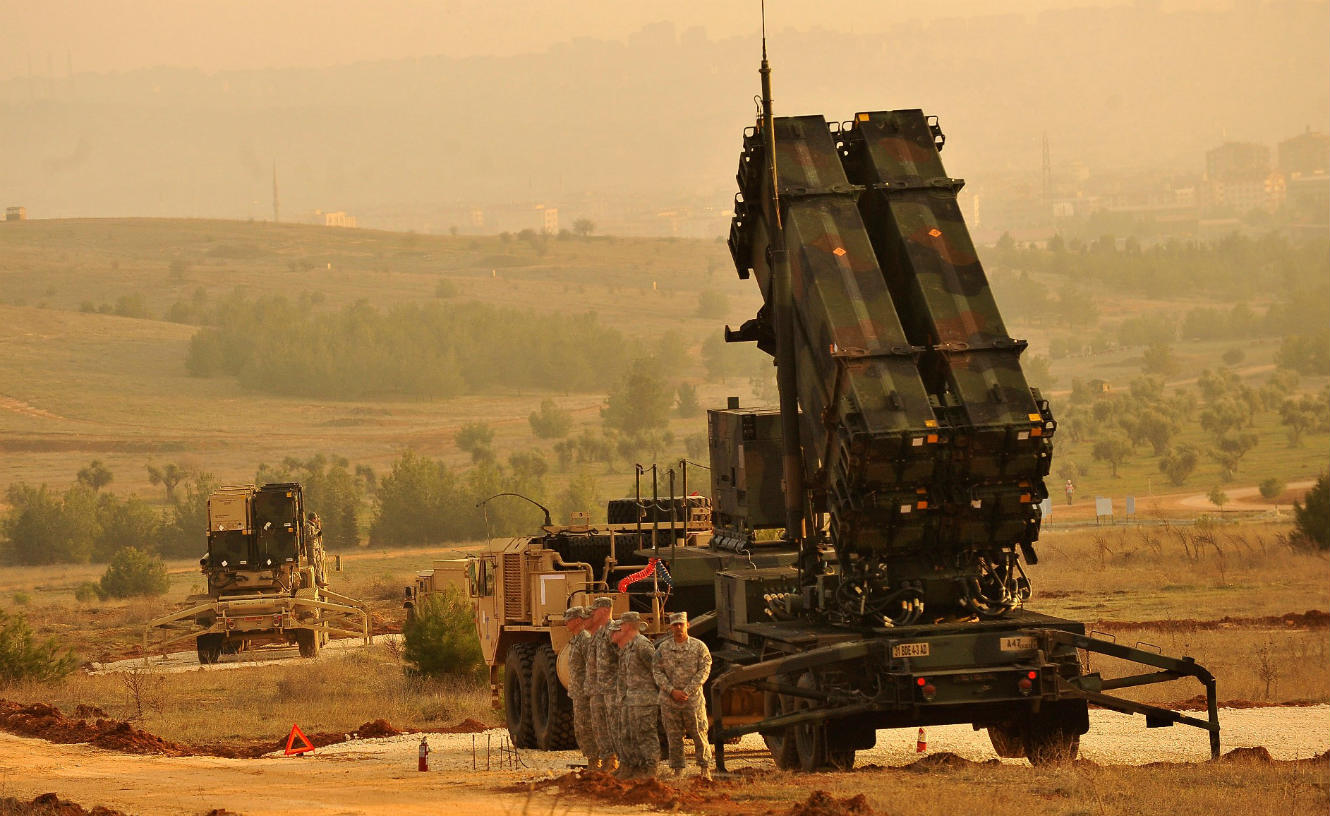Sandhi Yudha
Well-Known Member
As you said, a compensation for the $1,4 billion can be an upgrade to Block 70 level or the delivery of brandnew F-16Vs.
Turkish wants new F-16 Vipers & modernization of existing fighters in a strategic reaction to Greece's moves - ProtoThema English
Will the US sell the Vipers to Turkey & what repercussions will that have on the Greek-American MDCA agreement that is being negotiateden.protothema.gr
Whaatt..Sultan Erdo still want US Fighters ??How about his claim that TFX will satisfied all Turkey Fighters need ?
Joking asside I put on this thread, since it's coming from Greek source and I always reserve doubt on any Greece sources on Turkey matter and vice versa (Just like I put doubt on Indian sources on Pakistan and vice versa). However this if it's true can be 'potentially' the last test on Turkey relationship with US, with all that happening in Syria and S-400 - F-35 drama.
On paper it is reasonable thing to do with F-16 practically create back bone of Turkish AF. As also Turkey has it's own F-16 facilities, they can do all the upgrades locally, or even licensing newly build Blk 70. If US refuse Turkey on new Blk 70, it is last straw on their 'aliance' relationship. As practically US now even considering F-35 and F-16 upgrade program to Greece.
Unless US really want to break up with Turkey, I don't know how they are going to refuse this.
|“We made a $1,4 billion payment. What will become of that?” Erdogan said. “We did not — and do not — earn this money easily. Either they will give us our planes or they will give us the money.”|
:quality(70)/cloudfront-us-east-1.images.arcpublishing.com/mco/FDFGCN4IORDVNE3WS5KTV2N57Y.jpg)
Turkey eyes jets, engine and subs as it moves further into Russia’s orbit
The end of September saw Turkey's president fail to mend ties with the Biden administration, instead turning eastward to strengthen defense industry cooperation.



